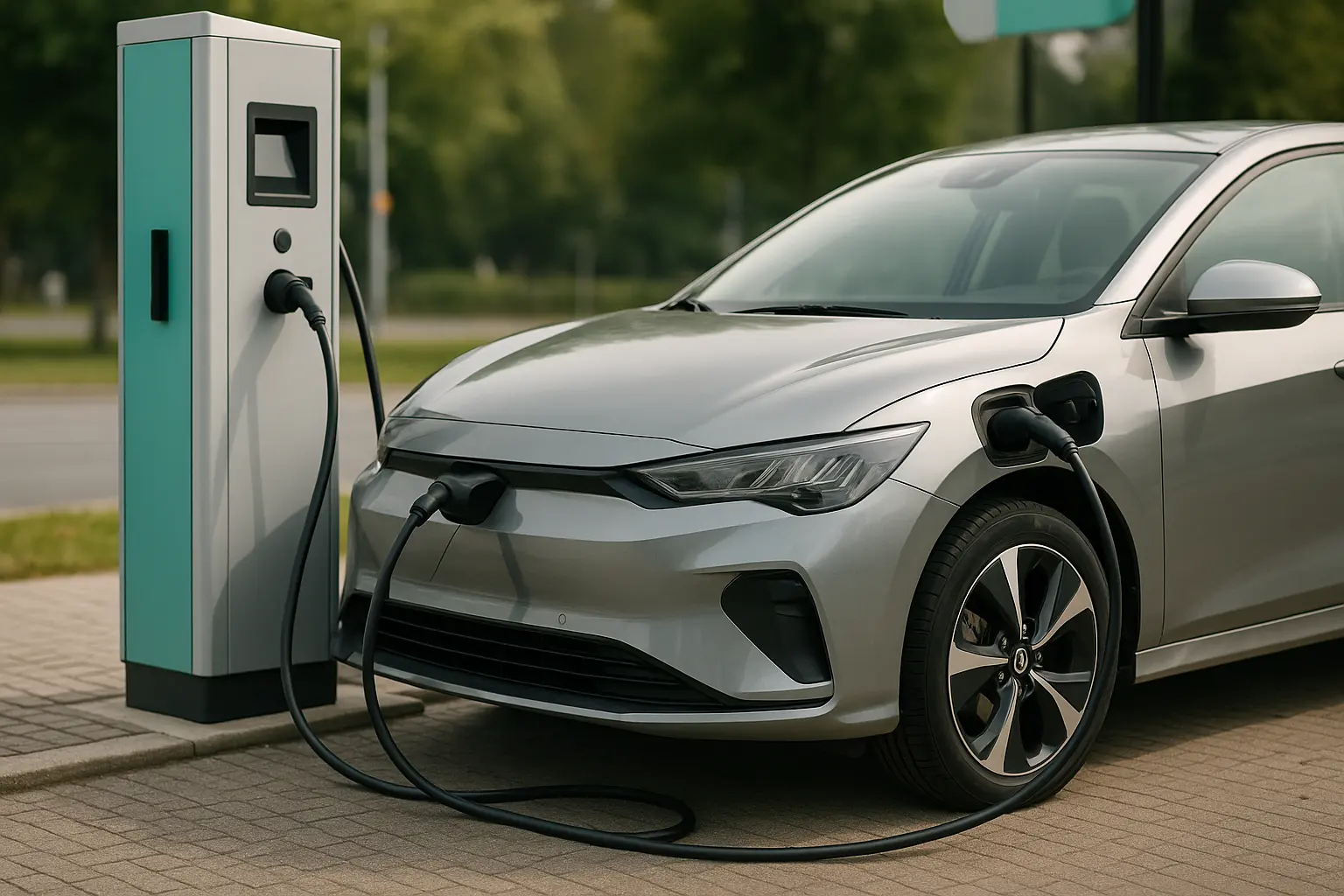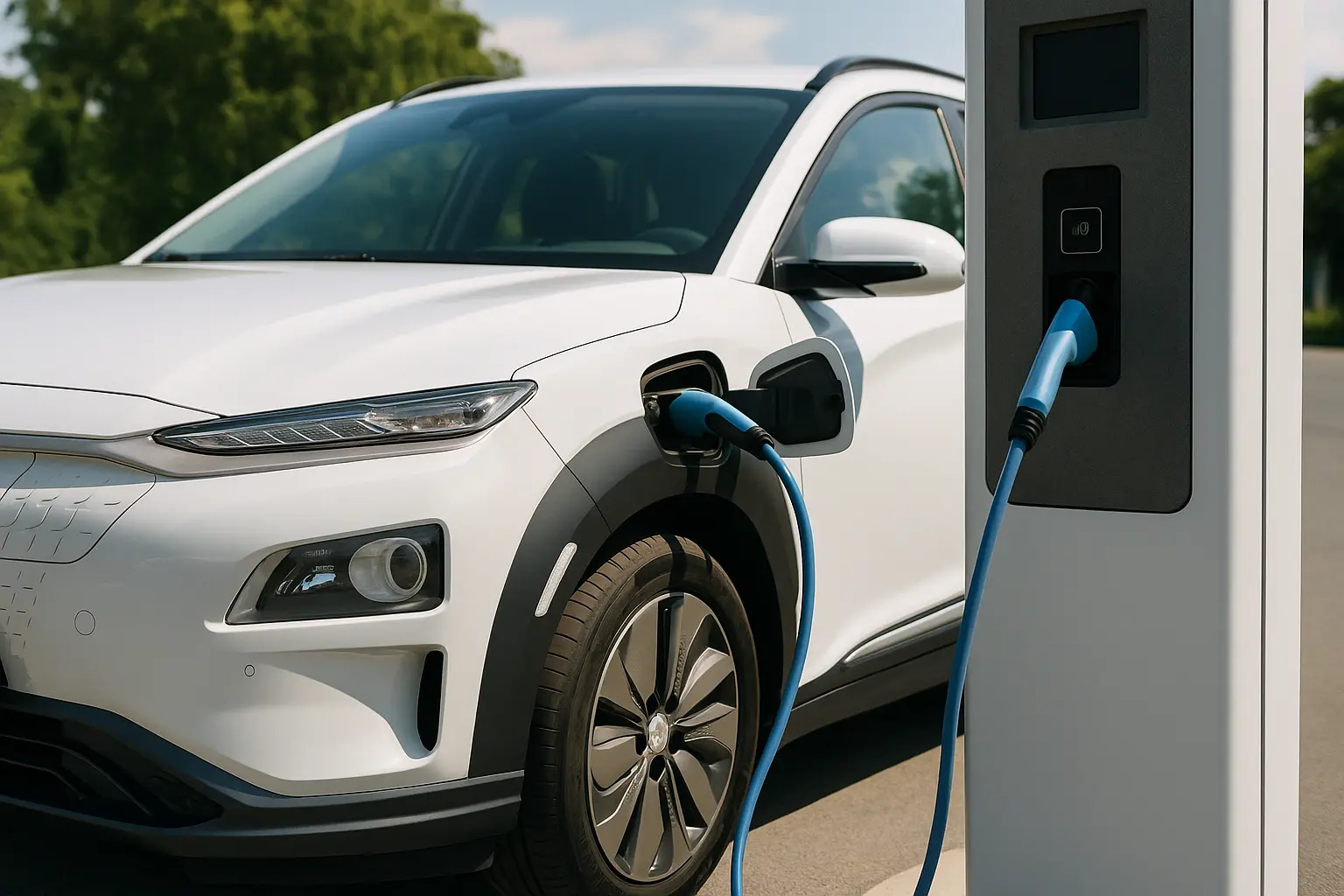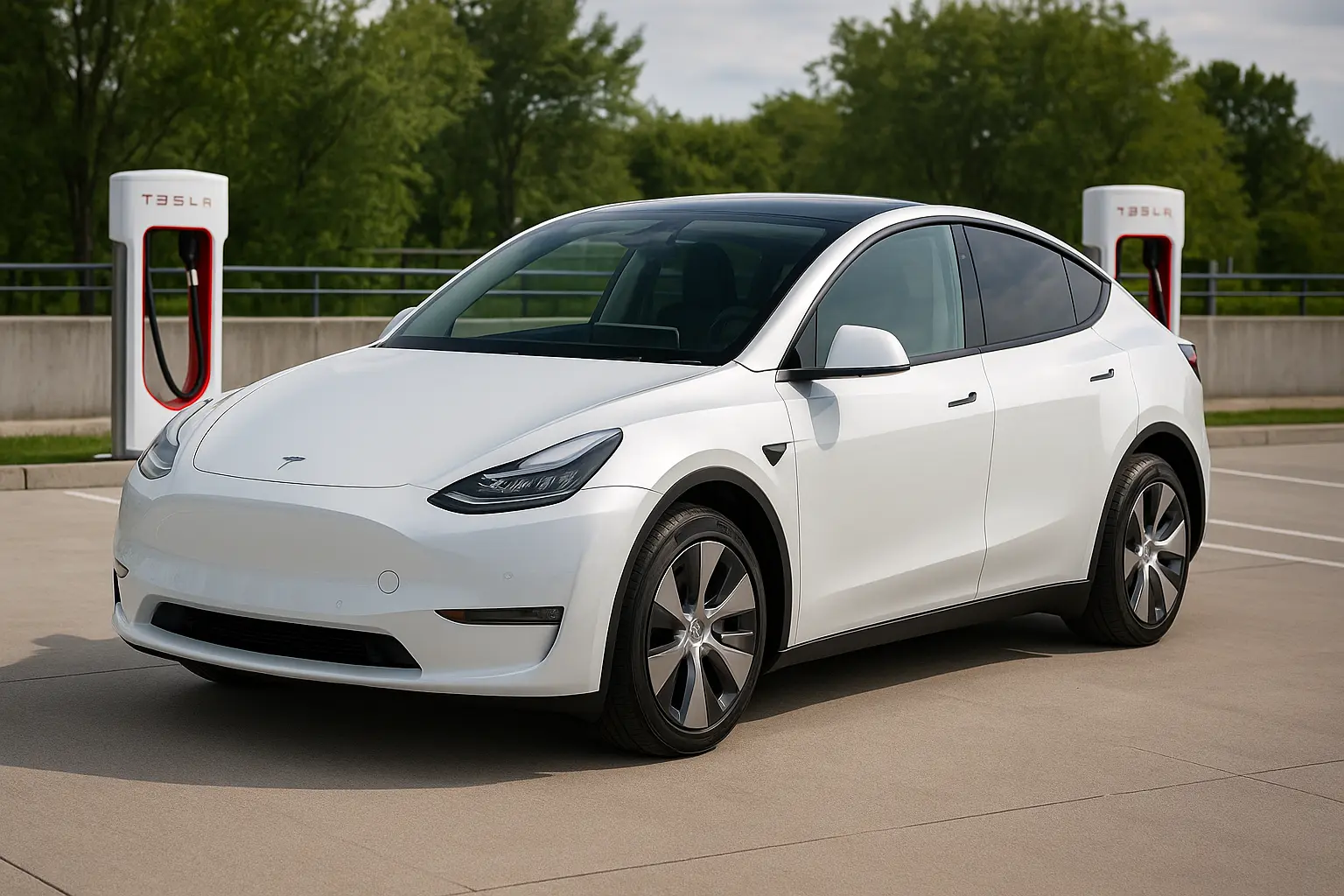Australia’s automotive landscape is evolving at a rapid pace, with electric vehicles (EVs) quickly moving from niche options to mainstream choices for everyday drivers. While the excitement around EV adoption grows, governments across Australia are introducing policies to ensure that road funding keeps pace with this transformation. One of the most debated issues is the EV road tax in Australia—a policy shift designed to balance lost fuel excise revenue and maintain road infrastructure.
This article explores everything you need to know about the EV road tax: why it exists, how it works, differences between states, its impact on drivers, and the future of EV ownership. Whether you already own an EV or are considering one, understanding these changes is essential.

Why a Road Tax for EVs?
Declining Fuel Excise Revenue
Traditionally, Australia has funded a significant portion of road infrastructure through fuel excise—taxes applied to every litre of petrol and diesel sold. With EVs bypassing fuel altogether, this revenue stream is shrinking. Governments argue that without a replacement system, road funding would fall short.
Level Playing Field Argument
Another reason often cited is fairness. Petrol and diesel vehicle owners pay ongoing fuel taxes, while EV drivers currently avoid them. Road taxes for EVs aim to create a “user-pays” model where all road users contribute.
Encouraging Sustainable Funding
With more Australians expected to switch to EVs in the coming decade, policymakers believe road charging systems should be implemented now to avoid budget shortfalls in the future.
The Policy Landscape: Federal vs State Approaches
Unlike some countries that apply national EV policies uniformly, Australia has a patchwork approach. States and territories are largely responsible for implementing EV road taxes, while the federal government plays a supportive but indirect role.
Federal Government Position
The federal government has focused on EV incentives—like removing import tariffs on certain EVs, offering fringe benefits tax exemptions, and investing in charging infrastructure. However, it has left the taxation of EV road use to the states.
State-Based EV Taxes
Several states have introduced, or attempted to introduce, specific EV road usage charges. These taxes vary in structure, rates, and implementation. Let’s explore them state by state.
State-by-State Breakdown of EV Road Taxes
Victoria
Victoria was the first state to introduce a per-kilometre charge for EVs. Initially set at around 2.5 cents per kilometre for electric and hydrogen vehicles and 2.0 cents for plug-in hybrids, the tax sparked controversy.
- How it works: Owners report odometer readings annually and pay based on distance travelled.
- Criticism: EV groups argued it discouraged adoption at a time when incentives should dominate.
- Legal challenge: In 2023, Victoria’s High Court ruled that the road user charge was unconstitutional, as only the federal government can levy excise-type taxes. This ruling effectively scrapped Victoria’s EV road tax.
New South Wales (NSW)
NSW announced its intention to implement an EV road usage charge but delayed its start until EV adoption reaches around 30% of new car sales. This is expected to happen later this decade. For now, NSW offers incentives like rebates and stamp duty exemptions.
South Australia
South Australia attempted to follow Victoria’s model but suspended its EV road tax after political backlash.
Western Australia
WA is watching other states closely and has yet to implement a specific EV road tax. Instead, the state has focused on building charging networks.
Queensland
Queensland has not imposed an EV-specific road tax yet but has indicated that usage charges are inevitable as adoption grows.
Tasmania, ACT, and Northern Territory
These regions currently avoid road usage charges, focusing instead on incentives to drive uptake.
What Does the EV Road Tax Mean for Drivers?
Cost of Ownership
The introduction of road taxes changes the total cost of owning an EV. While EVs save money on fuel and maintenance, usage-based charges can erode part of those savings. For example, an EV driver in Victoria (under the scrapped scheme) might have paid $250 annually for 10,000 km driven.
Adoption Rates
Critics argue that road taxes disincentivise early adopters. Australia already lags behind global EV adoption, and adding extra costs could slow momentum.
Policy Certainty
Drivers crave certainty when investing in a big purchase like an EV. With state policies inconsistent and sometimes overturned, buyers are left unsure about long-term financial impacts.
Comparing Australia to Global Practices
To better understand the debate, it’s helpful to look at how other countries are addressing EV taxation:
- United States: Some states charge annual EV registration fees, while others are testing mileage-based road user charges.
- Europe: Countries like Germany and France offer generous incentives but are considering future taxation as EV adoption rises.
- New Zealand: Recently announced a Road User Charge (RUC) for EVs starting in 2024, similar to what Australia is debating.
Australia’s fragmented system contrasts with more centralised approaches overseas.
Benefits and Drawbacks of EV Road Taxes
Potential Benefits
- Ensures consistent road funding as petrol revenue declines
- Creates fairness between fuel and electric vehicle owners
- Encourages more sustainable long-term infrastructure planning
Major Drawbacks
- Risk of discouraging EV adoption during crucial growth years
- Complex administration (odometer reporting, enforcement)
- Policy inconsistency between states creates confusion for drivers
EV Incentives vs Road Taxes: Finding Balance
While road taxes aim to fill budget gaps, governments also offer incentives to encourage EV purchases. Balancing these policies is critical.
- Current incentives in Australia include:
- Stamp duty waivers in NSW
- Registration discounts in some states
- Rebates up to $3,000 for eligible EVs
- Federal FBT exemptions for certain EVs under $89,332
The risk is that road taxes introduced too early could neutralise the impact of these incentives.
How EV Road Taxes Affect Different Groups
Private Owners
For individual drivers, road taxes mean higher ongoing costs. Savings still exist compared to petrol, but the gap narrows.
Fleet Owners
Businesses adopting EV fleets could see costs rise substantially, though many still benefit from lower maintenance and government rebates.
Rural vs Urban Drivers
Drivers in regional areas who travel longer distances stand to pay more under per-kilometre schemes, even though they may rely on EVs for reducing fuel costs.
Future of EV Road Tax in Australia
The debate is far from settled. Key possibilities for the coming years include:
- National framework: A federal-level road tax could replace fragmented state systems.
- Smart road pricing: Future models may integrate tolls, congestion charges, and per-km fees into a single system.
- Incentives tapering off: As EV adoption reaches mass levels, incentives may reduce while road taxes increase.
Practical Tips for EV Buyers in Australia
If you’re considering an EV, here’s how to factor road taxes into your decision:
- Compare state policies before buying
- Calculate potential per-km costs based on your driving habits
- Balance added costs against fuel savings and lower servicing expenses
- Stay updated on policy changes—rules can shift quickly
- Explore fleet discounts or salary packaging if available
Conclusion: A Changing Road Ahead
Australia’s journey toward electrification is both exciting and complex. EV road taxes represent one of the most hotly debated aspects of this transition. While governments face legitimate funding challenges, poorly timed or inconsistent policies risk slowing adoption.
For drivers, the key takeaway is to stay informed. EVs still offer significant long-term benefits—lower running costs, reduced emissions, and a smoother driving experience—but the financial equation is changing. As road taxes evolve, understanding the details will help you make smarter car-buying decisions.
Leave a comment
Your email address will not be published. Required fields are marked *




















